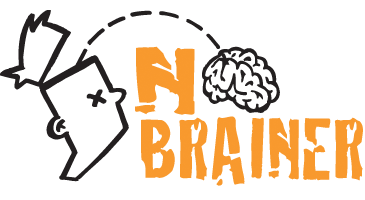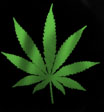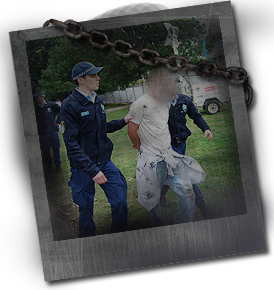Adolescent Substance Abuse Program - Boston Children’s Hospital
Challenging moves for further legalization of Cannabis!
Colorado - The number of drug related school suspensions in Colorado spiked after legalization. In 2015, cannabis violations accounted for 35% of student expulsions in Colorado while by comparison, alcohol accounted for just 1.3%. In 2016, 45% of Colorado students that use cannabis reported getting it from a friend that had obtained it legally, 22% from a parent and 24% from the black market, 23 which still functions despite legalization. These findings suggest that policy changes in Colorado were indeed associated with increases in youth cannabis use, and they confirm a basic and familiar principle – adolescents are responsive to the cultural attitudes around them; those who live in areas that condone cannabis use are more likely to use cannabis themselves. It is simply unreasonable to speculate that a policy that increases use of cannabis by adults would not also increase adolescent use.
For complete submission http://www.ourcommons.ca/Content/Committee/421/HESA/Brief/BR9074922/br-external/LevySharon-e.pdf
a) Recovery (the way forward)
b) Drug Courts
Drug Courts 2012
The War on Drug Courts 2011.pdf
IBH Commentary HOPE Probation
Drug Courts Power Point
c) NSP (Needle Exchange Programs)
d) Injecting Rooms / Exposing Serious Errors
"Fast Facts on Injecting Rooms:
1. there has a been a dramatic decrease in drug deaths from before the opening of the injecting room due to the 'heroin drought' from John Howard's crackdown on the drug industry and enforcement of laws stopping drug dealing that went on unhindered.
2.In Sydney there would be some 40,000 injections/day (20,000 heroin addicts injecting twice): only 160 injections/day in the injecting room (their figures); 60% are morphine (0.06 of 1% heroin injection in Sydney).
3. At least 99.6% of all addicts still inject where and when they can and not in the injecting room.The injecting room makes a mockery of drug laws and is a part of the campaign to decriminalise or legalise drug use. Check the facts and not support this propaganda." Dr Ross Colquhoun, D H Sc, M App Sc (Neuroscience), B Sc Hons (Psych), Grad Dip Counselling and Psychotherapy, Clinical Director, Addiction Treatment and Psychology Services
e) ‘Medical Marijuana’
f) Hijacking Recovery
g) Cannabis it's harmful affects
h) WRECKING THE FUTURE FOR OUR KIDS!
Australia 21 Report not only fails reasonable evidence based criteria, but is full of errors and myths. Drug Free Australia and Generation 21 –future thinking’ have released an accurate and informative expose on this report ‘Australia 21 Report – errors and myths’ click here for full report.
Fast facts on Cannabis and Teen Brain
proper development, and THC interferes with its proper function.
brain development, may have lasting effects on cognitive function, e.g., memory and IQ.
respiratory problems
before age 16
Position Statement on Marijuana

|

|

|





